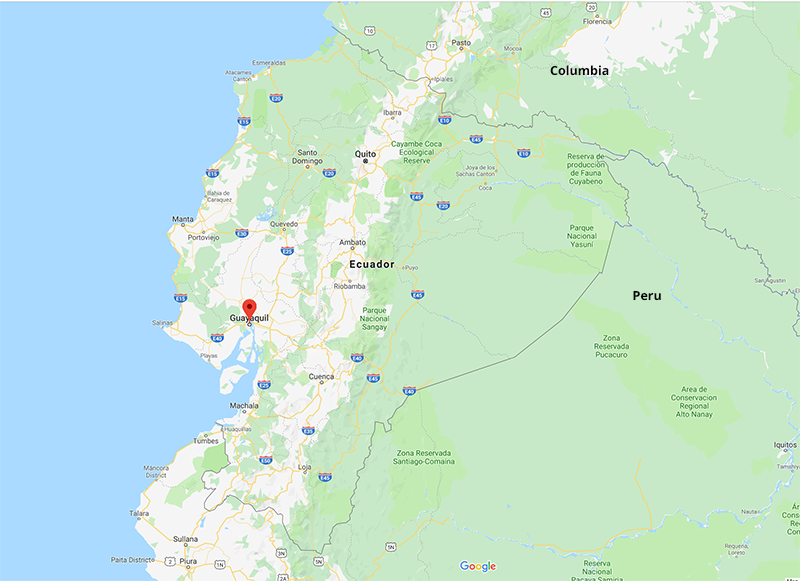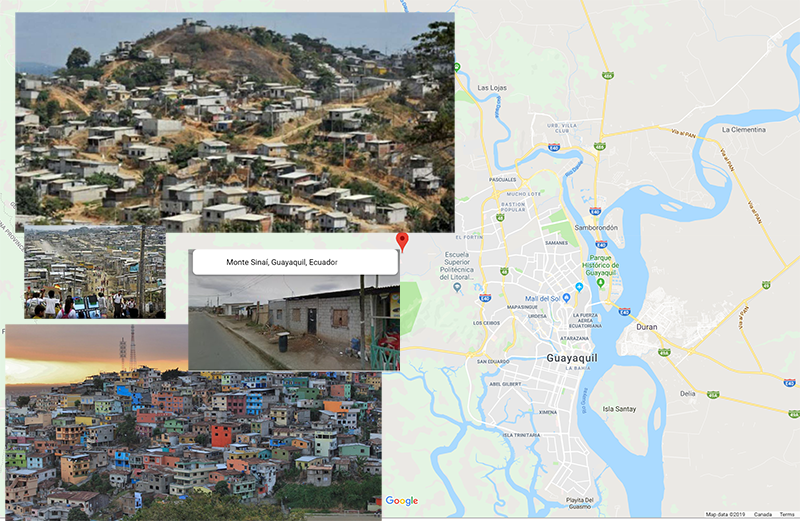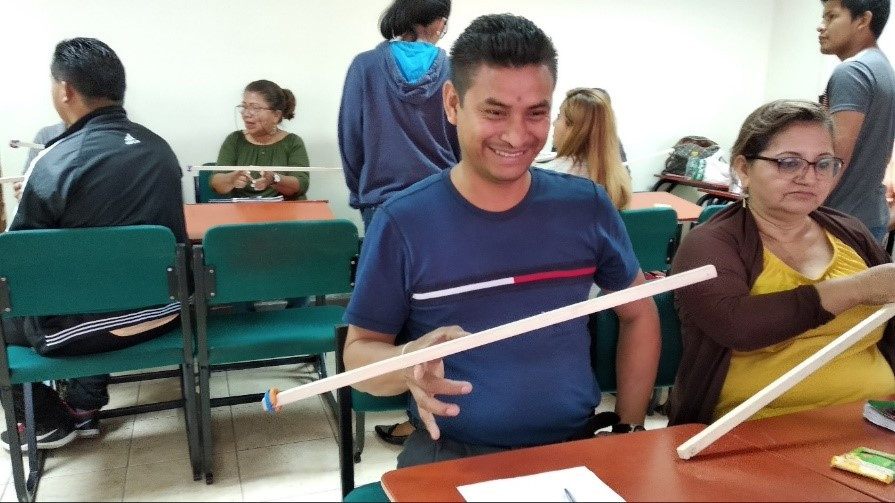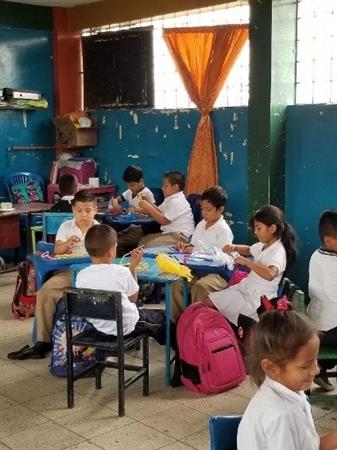By Octavio Jarrin R., member of the Rotary Club of La Puntilla, Ecuador and Keith E. Axtell, member of the Rotary Club of Marin Evening, United States
An assessment of mathematics teachers in Ecuador showed they received little training in content preparation and teaching techniques. This resulted in teachers with little motivation and enthusiasm when preparing and teaching their classes.
In addition, some teachers do not have skills to manage large groups of students (40-50 per classroom). In Guayaquil, there are many urban areas with scarce resources in terms of facilities and equipment that can manage large groups of students.
In order to promote a more favorable environment for learning science and mathematics, a local organization, Escuela Superior Politecnica del Litoral (ESPOL), designed a program called “Seedbed of Future Scientists and Engineers: Transforming the Basic Education of Low-Income Schools” which, with the endorsement and support of the Rotary Club of La Puntilla, has trained 120 teachers from 29 educational units located in Monte Sinaí, a low-income area in Guayaquil, a city of 2,300,000 people in Ecuador.
 |  |
The pilot program was run from October 2018 through July 2019 with the aim to provide teachers the opportunity to learn educational tools. The pilot consisted of experimental play training in the following subjects: Mathematics A (development of inductive thinking), Mathematics B (development of deductive thinking), physics, chemistry, biology and language. Teachers learned how to create an environment where young  people are encouraged to learn from their mistakes, ask questions, and think innovatively. Teachers learned techniques to introduce and encourage students to pursue careers in science, engineering and computer technology, which there is shortage of in Ecuador.
people are encouraged to learn from their mistakes, ask questions, and think innovatively. Teachers learned techniques to introduce and encourage students to pursue careers in science, engineering and computer technology, which there is shortage of in Ecuador.
One of the key success factors for this program was the selection process of participant teachers. In personal interviews, the most important variable to note was the teacher’s interest in the development and welfare of their students. As an early indicator of progress, the participating teachers started sending us photos of how they were implementing what they had learned right after our first training. Student’s engaged faces, lit up with happiness and joy, encouraged teachers to question their previous teaching techniques.
Of the 125 teachers who started the program, 115 finished it. 82% of the participating teachers presented improvements in their teaching practices. Many enthusiastic teachers have established a weekly day for experiments, others have understood the need for continued education throughout life.
In a closing speech, a teacher commented that the sessions had led them to recognize that they had often preferred certainty instead of exploring new ideas, and that this course rather than just giving them an opportunity to learn a new teaching technique or work strategy, had given them a new mentality to address their commitment to professional development.
The above article was published by Rotary International in their blog"Service in Action" on September 18, 2019 under the title "Transforming basic education in low income schools"
